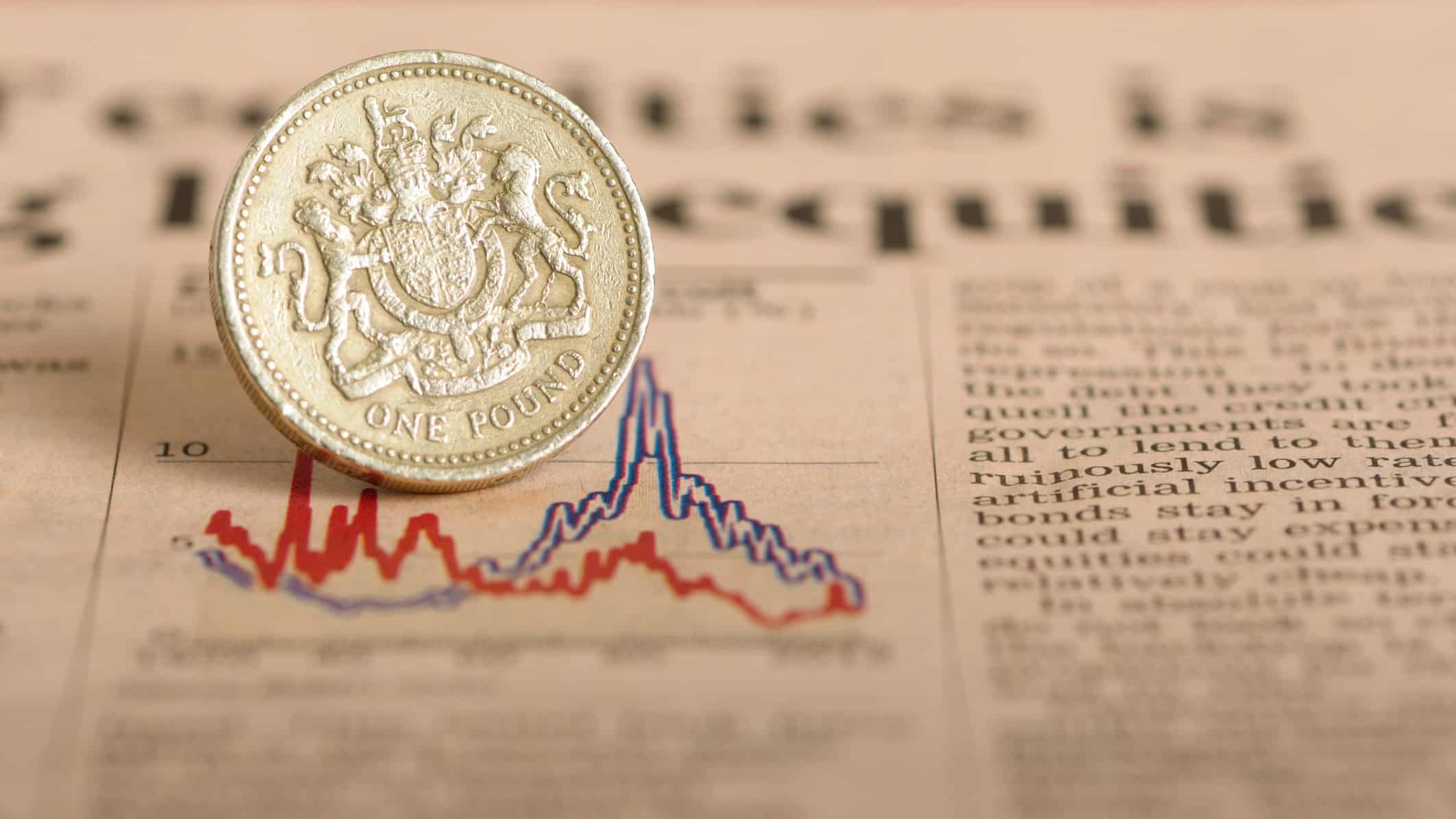The Covid-19 pandemic took everyone by surprise and impacted the UK economy. In February 2020, the FTSE 100 share index plummeted by over 2,000 points in the space of a few days.
Since then, stock markets have recovered, house prices have hit record levels and the jobs market is apparently booming. So what’s behind all of this? And how will the UK economy perform in the final quarter of 2021? Here’s what I think will happen.
[top_pitch]
What happened to the UK economy when the pandemic struck?
On 21 February last year, the FTSE 100 closed at 7,403 points. Less than a month later, by 20 March, the value of the share index had dropped to 5,109.
Vast stock selloffs signalled investors were certain the virus would have a big impact on the UK economy. And they were right. National lockdowns forced many businesses to close, planes to stay grounded, and hospitality venues to shut their doors.
Meanwhile, many were predicting a crash in house prices due to few mortgage applications and increased financial stress among homeowners. Such an event would have had a huge impact on the UK economy.
How did the government respond?
Rather than let the virus take its toll on the UK economy, the government implemented a number of stimulus schemes at great expense.
In April 2020, the furlough scheme was launched. It involved the state paying the wages of those who could no longer perform their roles due to Covid-19. According to the latest data (August 2021), the scheme has cost taxpayers £68.5 billion so far.
Meanwhile, homeowners were given the legal right to ask their lenders for payment holidays, renters were given protection from being evicted, and estate agents were one of a select group of businesses in the UK economy allowed to stay open during lockdowns.
As well as these direct government interventions, the Bank of England responded to the pandemic in its own way. It lowered its base rate to 0.1%, making lending cheaper, while simultaneously creating billions of pounds through quantitative easing.
How has the UK economy performed since?
As a result of these interventions, no long-term dip in job vacancies, or house price crash has materialised.
In fact, there are now more than one million job vacancies in the UK, which is an all-time high. Meanwhile, house prices have surged since the pandemic kicked off.
Stock markets have also recovered massively since March 2020. The FTSE 100 is now within a few hundred points of where it was at the beginning of February 2020. All of these stats suggest the UK economy has boomed since the pandemic.
[middle_pitch]
How will the UK economy perform for the rest of 2021?
How the UK Economy will perform for the rest of 2021 is still uncertain. While the high number of job vacancies and the strong performance of the stock market both point towards economic recovery, many believe that the UK has yet to witness the true toll of the pandemic.
For example, many feel that the furlough scheme, which has added an enormous amount to government debt, was unnecessary. According to a recent paper from the House of Lords, the UK is spending more than £8 billion in debt interest payments every month.
Others believe that the Bank of England’s quantitative easing programme will lead to inflation in the UK economy. They say that the programme is the reason why there are so many job vacancies, as the policy has directly led to rising wages. While this may be seen as a positive when taken at face value, rising wages may signal that a rise in the rate of inflation is around the corner.
On a similar note, the Bank of England’s reluctance to increase its base rate is another reason why many taking a cautious view of the UK economy going forwards. That’s because the current base rate makes lending incredibly cheap and interest affordable. Some believe this may be causing bigger problems down the line, especially for businesses that would be unable to service their debt should interest rates suddenly rise.
The Bank’s low base rate is also the reason why many feel that UK homeowners are facing a ticking time bomb. That’s because many believe a rise in interest rates will make mortgages unaffordable for those on variable terms.
A low base rate also makes it difficult to cool rising inflation.
Overview
For now, the UK economy is performing well in the face of the global pandemic. However, it’s far from certain that this will continue for the rest of 2021, especially if interest rates rise.
Whatever your view, it’s worth knowing that rising inflation can be detrimental to your wealth if you have savings. For more on this, see our article on how to protect your savings from inflation.







